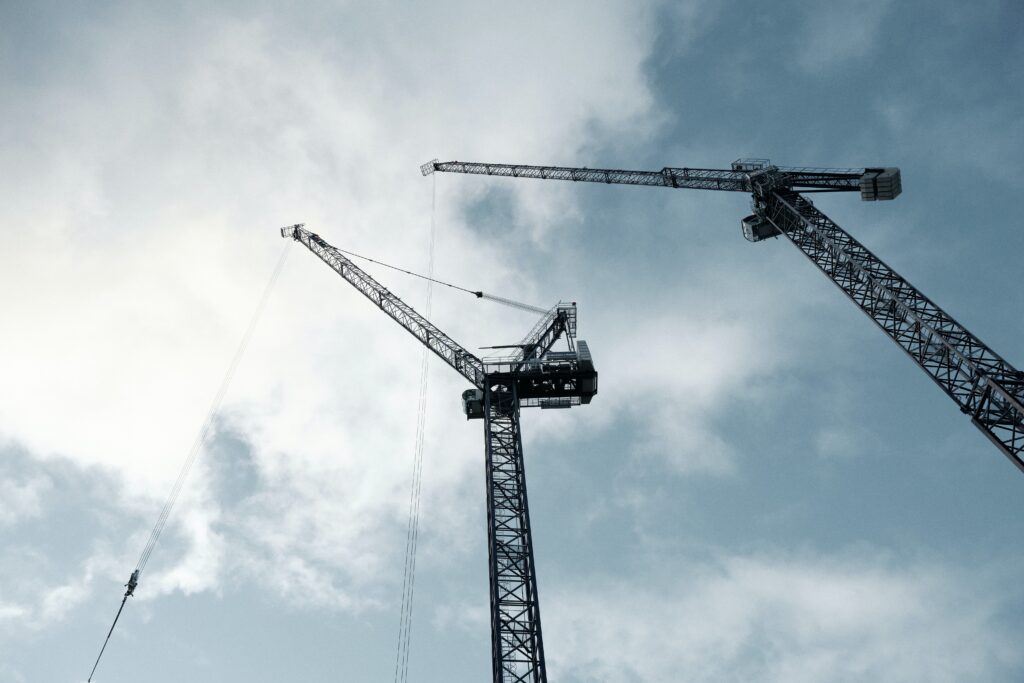27 Jul Major amendments proposed to the PE Act
BPEQ performs an important service for the profession and the public by distinguishing professional engineers and ensuring professional engineering services are only provided by qualified and competent professionals to a high standard.
BPEQ is empowered to investigate complaints about the conduct of RPEQs and breaches of the PE Act (e.g. carrying out a professional engineering service while unregistered). However, BPEQ has limited compliance, enforcement and disciplinary powers— particularly when compared to other industry regulators. These limitations have been a source of frustration for RPEQs and BPEQ itself. Board members and BPEQ staff have worked with the Department of Housing and Public Works to draft amendments to improve the PE Act and enable BPEQ to better protect the public and the profession and lead the way on engineering standards.

BPEQ is empowered to investigate complaints about the conduct of RPEQs and breaches of the PE Act (e.g. carrying out a professional engineering service while unregistered). However, BPEQ has limited compliance, enforcement and disciplinary powers— particularly when compared to other industry regulators. These limitations have been a source of frustration for RPEQs and BPEQ itself. Board members and BPEQ staff have worked with the Department of Housing and Public Works to draft amendments to improve the PE Act and enable BPEQ to better protect the public and the profession and lead the way on engineering standards.
The amendments to the PE Act are contained in the Building Industry Fairness and Other Legislation Amendment Bill 2020, introduced in the Queensland Parliament earlier this year.
The most significant amendments relate to BPEQ’s investigative and compliance functions. The Bill proposes to:
- gives BPEQ the ability to conduct compliance audits, which will allow BPEQ to proactively investigate and determine compliance with the PE Act
- provides for greater investigatory powers, including the power to enter places, to search places that have been entered and seize evidence, and to require the production of a broader range of potential evidence
- releases BPEQ from the requirement to seek the engineer’s agreement before imposing a condition on their registration.
The Bill also proposes several changes to raise fitness to practice standards and improve administrative functions:
- fitness to practice requirements will be aligned with the grounds for suspending or cancelling a RPEQ’s registration
- providing false or misleading information to a third party (i.e. assessment entity) in the registration process will be an offence
- BPEQ can audit RPEQs at any time to determine code of practice compliance.
The Bill has already cleared an important hurdle with Parliament’s Transport and Public Works Committee recommending that it be passed.
For more information on the Building Industry Fairness and Other Legislation Amendment Bill 2020 visit www.parliament.qld.gov.au.

 MY ACCOUNT
MY ACCOUNT
